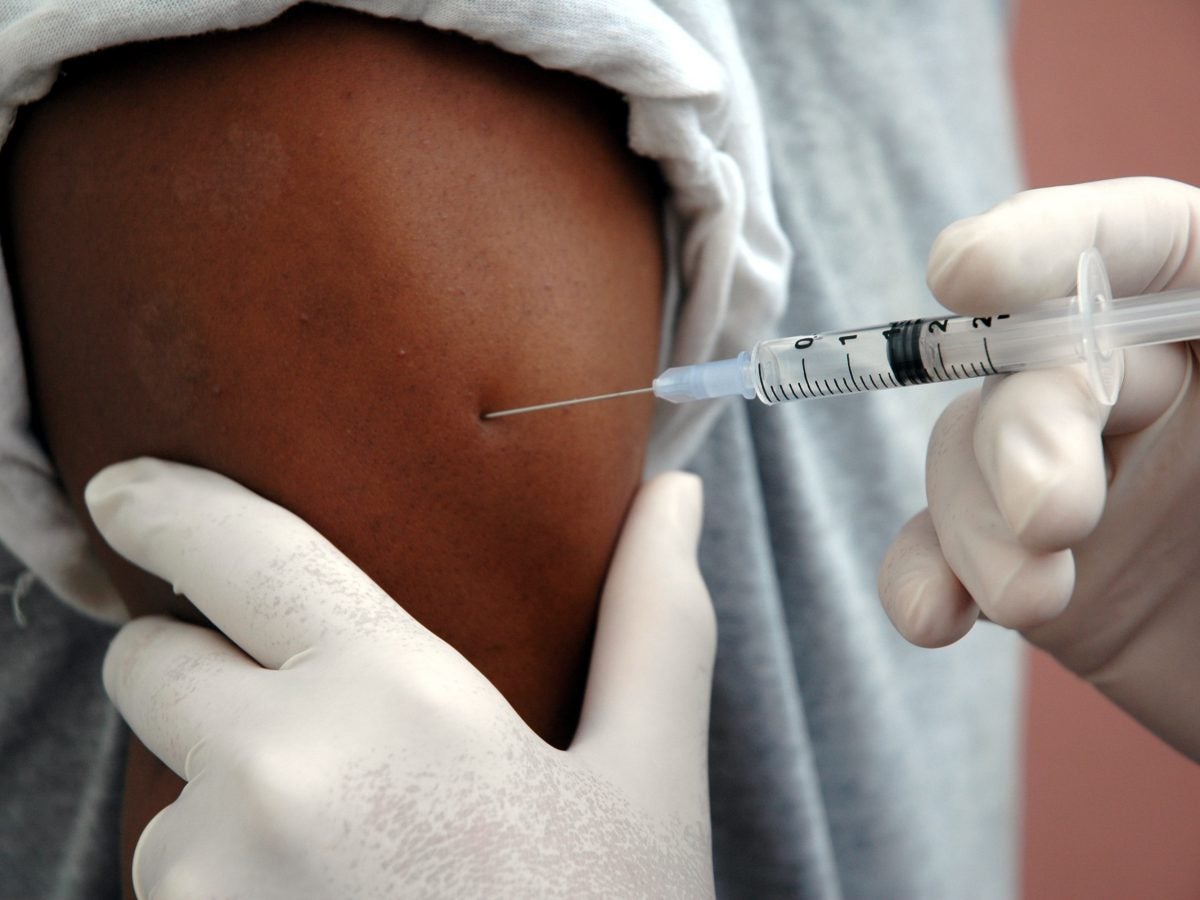
It is one of the most devastating and inhumane events in recent American history, and Black communities are still feeling the effects of it today.
The it in question refers to the “Tuskegee Study of Untreated Syphilis in the Negro Male” (now dubbed as the “USPHS Untreated Syphilis Study at Tuskegee”) a study that used 600 Black men in Alabama—399 with the highly contagious syphilis and 201 without it — as guinea pigs to track damage of the disease. The participants’ were told they were receiving treatment for “bad blood,” and in exchange for their time, they’d get medical care along with meals, transportation to the appointments, and burial insurance. Poor sharecroppers and mostly illiterate, the men thought they’d struck gold.
Ten years later penicillin was found to be a suitable treatment for syphilis. None of the men received it. The disease was spread to their families and wider community Instead they got placebos like aspirin. Subsequently, over the course of the years long study, dozens of men suffered from serious symptoms that worsened through time like blindness and mental decline. Others died. Generations later, the stain of the deceptive study remains seen in the way medical mistrust among the Black community plays out today. For instance, widespread COVID-19 vaccine hesitancy swept the group at the pandemic. Understandably, research showed that the Tuskegee study played a large role in the way Black people cautiously regard the medical system, ultimately leading to undesirable health outcomes due to more infrequent physician’s visits.
The CDC Foundation is aiming to right that wrong.
The organization recently announced the launch of a new scholarship program, Voices Today for Change Tomorrow, for descendants of the Black men who participated in the the study represents. The mission of the CDC Foundation is to raise a $5 million endowment to support the current Voices For Our Fathers Legacy Foundation scholarships to offer several $100,000 scholarships annually to the study’s descendants. The Robert Wood Johnson Foundation is a leading donor ($1 million) in helping to push them toward the goal.
“By making a commitment to honor the legacy of these men, we are working to provide a stronger foundation of support for the next generation to build change,” said Judy Monroe, MD, president and CEO of the CDC Foundation in a news release. “These scholarships are intended to amplify the voices of the next generation, allowing them to honor the life experiences of their ancestors while pursuing innovative solutions across their fields of study.”
More information about the initiative can be found at www.cdcfoundation.org/voices-scholarship.



